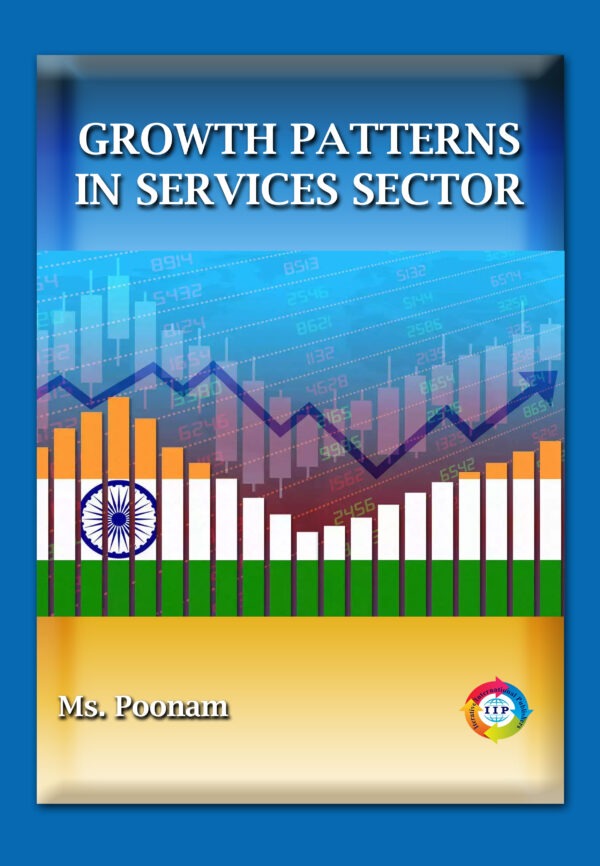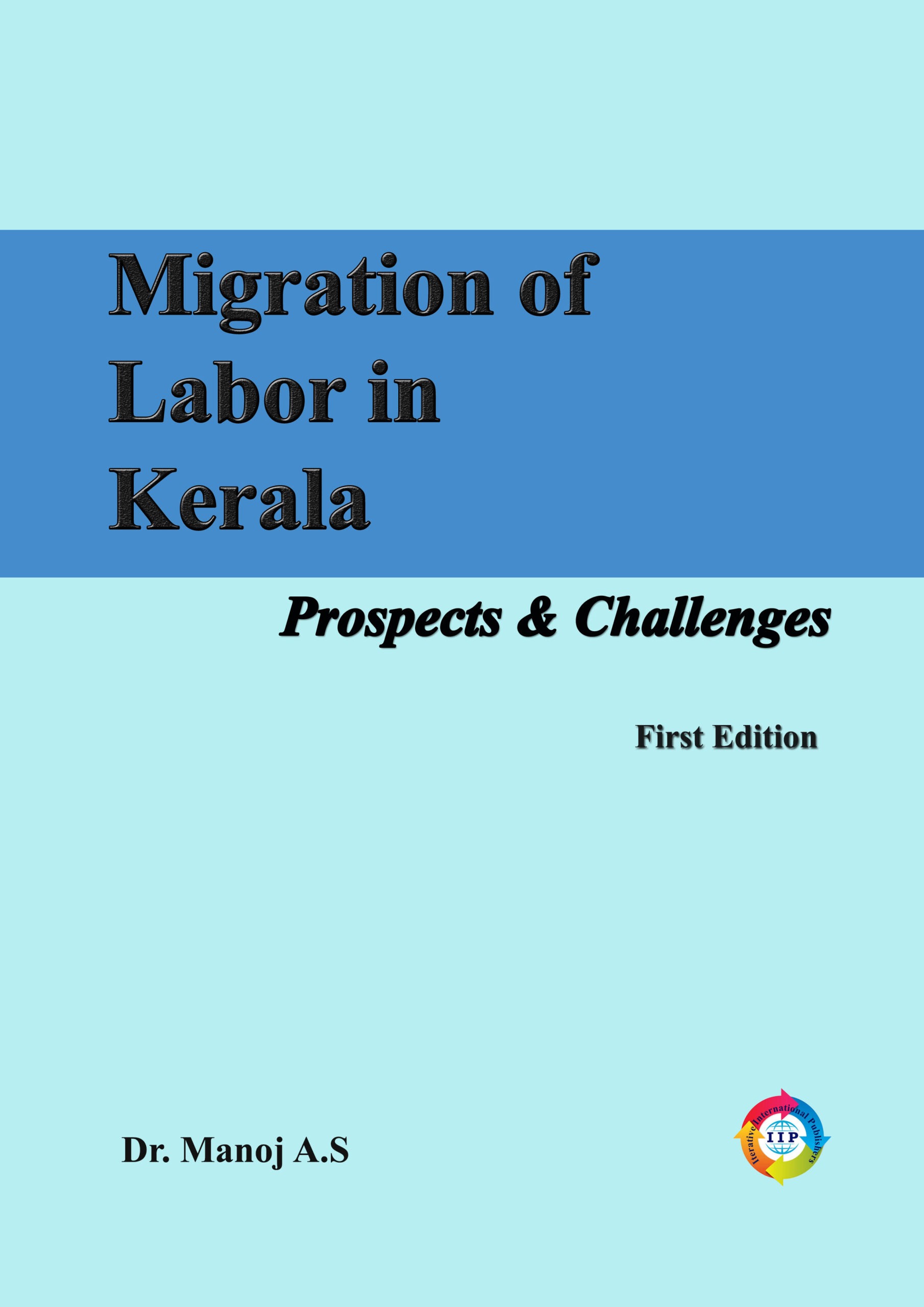India is a huge country. The Indian economy is divided into her three sectors of agriculture and related sectors, industries and services. The agricultural sector includes agriculture (agriculture and animal husbandry), forestry and logging, fisheries and related activities. Industries include mining and quarrying, manufacturing (registered and unregistered), electricity, gas, water and construction. The Services sector includes commercial, hotel, transportation, telecommunications and services related to broadcasting, finance, real estate, Prof. Servs, government, defence and other services.
Services sector is the largest sector in India. Gross Value Added (GVA) at current prices for agriculture & allied services, industry and services sector is estimated at 2,093,081 Crore, 2,633,188 Crore, and 7,553,140 Crore respectively in 2015-16. Services sector has become important for many economies in the world and very important particularly in India. The service industry forms a backbone of social and economic development of a region. It is a large and most dynamic part of the Indian economy both in terms of employment potential and contribution to national income. Growth of the services sector is also an important aspect of economic development and is strongly associated with income growth and economic modernization.
A principal goal of the Twelfth Five Year Plan is to increase the pace of inclusion of much larger numbers of people in the process of growth through the creation of more jobs and more enterprises. The service sector is now the fastest growing sector of the economy and job growth in this sector remains high. The employment strategy must ensure rapid employment growth while ensuring improved job quality. Planning initiatives in the areas of health, nutrition, child care, aged care, education, skills development and expansion of social security services will create significant employment potential for providing these services.
Given the importance of the service sector, there is a need to develop a ‘service price index’ for selected service sectors, especially in the context of national accounts. The need for such indicators was recommended by the working group set up to revise the WPI and emphasized by the National Statistics Commission. The Department of Trade and Industry’s Economic Advisory Office has implemented a program aimed at developing a service sector price index in line with international best practice. The planning program will commission a study of 10 selected services such as road, rail, air, port, banking, insurance, postal, telecommunications business services and trade services to produce a service price index.
The Introduction chapter basically deals with the background, various definition of service sector, research methodology, data source, data analysis and coverage of the present study. In the second chapter review of literature has been given.
The chapter titled “Patterns of Growth in Services Sector” have three sections. Section 3.1 deals with the introduction. Section 3.2 deals with the patterns of the GDP in India. Section 3.3 deals with the Annual Compound Growth Rate of GDP in India.
The chapter titled “Growth of Employment in Services Sector” have three sections. Section 4.1 deals with the introduction. Section 4.2 deals with the growth of employment by industry in India. Section 4.3 deals with the Annual Compound Growth Rate of employment in India.









Reviews
There are no reviews yet.